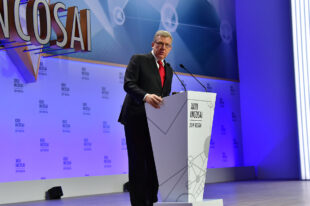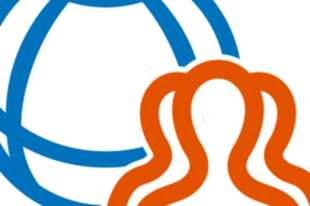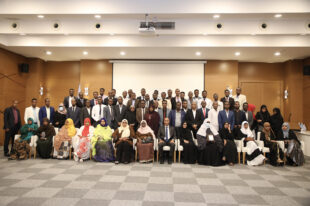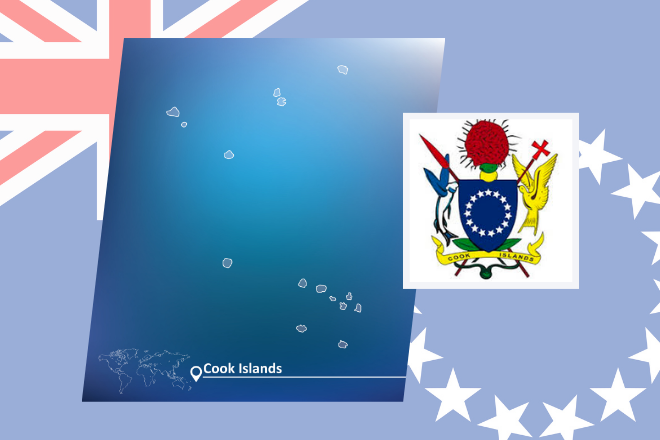
Author: Desmond Wildin, Director of Audit, Cook Islands Audit Office
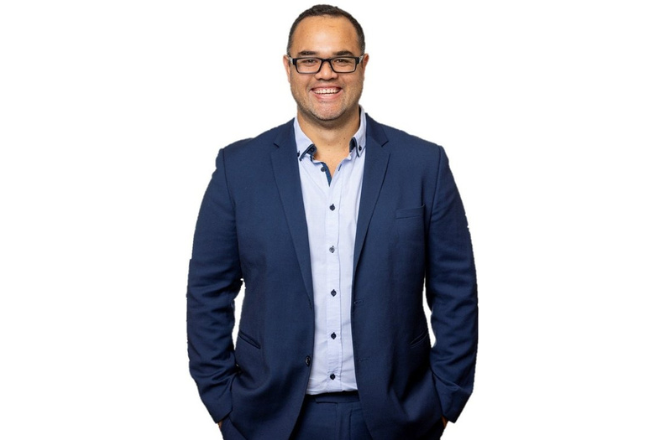
Kia Orana,
Our Cook Islands audit team is small in size but big on ambition.
Having led my SAI for a little more than a year, I am relatively new to the role, but I have trained and worked alongside my auditor colleagues in the Pacific Island region for many years now.
Ultimately, our team works to ensure the people of the Cook Islands have trust and confidence in the public sector (or ‘civil service’), and in the spending of taxpayer money.
We seek to lead a culture of collaboration across the public sector. This can provide for parliamentary scrutiny, which in turn drives accountability and integrity.
I have recently joined the PASAI Governing Board and later this year, I will be pleased to host the PASAI Congress in my home, Rarotonga, Cook Islands. Here, PASAI will adopt a new Strategic Plan that will carry us forward for another 10 years. While we develop this strategy, we are ever mindful of addressing the challenges we face as small island SAIs and collaborating about how we can make a big impact.
In Rarotonga, we are a team of fifteen – around the mean figure for our region. By way of comparison, one Pacific Island audit office has only three team members, and that includes the SAI head. For small offices like ours, losing just a small number of staff has a big impact on SAI operations and outputs.
We can’t always divert our limited resources nor create fully functioning HR units. And we face immense pressure around staff retention.
Here in the Cook Islands, the entire public sector struggles to attract and retain qualified staff. There is a very strong allure, and sometimes necessity, for individuals to look for higher paying opportunities in the private sector and/or in larger nations. This is the reality we face and continually try to adapt to.
Our work shows that we must continue to build capacity and capability within our team. We are not immune to the challenges facing the Cook Islands public sector, the shortage of qualified staff being high on that list.
Because of this, promotion and recruitment are areas of our focus.
We accept the reality that a high proportion of those recruited today will have moved on within five years. We cannot control pull factors. But we can develop strategies to ensure the rate of turnover isn’t crippling and that a stabilising core of longer-serving staff are respected and productive.
How do we incentivise staff to stay, or at least to stay longer than they otherwise would? We know we can’t compete with salaries offered by commercial accounting firms and the private sector finance roles, but we do negotiate with the Public Service Commission to have salary banding as high as possible.
“We are ever mindful of addressing the challenges we face as small island SAIs and collaborating about how we can make a big impact.”
– Desmond Wildin
We’ve worked hard to build an open and enjoyable work environment. This includes flexible working hours for a better work/life balance. We frequently invest in our hardware and software. And we have created a workplace conducive to learning and development. This has included providing a pathway to becoming a chartered accountant. We offer every team member a week for each paper for study and training compared to the half day offered elsewhere.
Professional development is such a priority for us that during the COVID-19 pandemic we set up, and have since maintained, a dedicated online training room. Comprehensive training does, of course, increase an individual’s value in the external jobs market, but the alternative would be making do with an unqualified team.
I myself am a product of years of technical training, and, more recently, leadership capability building received through PASAI and IDI. The skills and knowledge other senior executives and I have acquired have enabled us to perform the foundational work necessary to maintain a functional SAI.
It goes without saying that PASAI’s regional programmes, where staff can learn about processes, resources and templates that are already tailored to a Pacific context, have been valuable. I know other SAIs have also benefitted from participation in various co-operative audits with guidance from international experts.
Training together, making plans, going away and doing the audits and then regrouping with facilitators and other SAIs to review the working papers and audit reports has been very effective in improving audit quality and SAI capacity.
I’m also a great believer in the effectiveness of SAI twinning partnerships.
Our Cook Islands audit team have been the beneficiary of a strong relationship with the New Zealand Office of the Auditor General, which also twins with the Samoa Audit Office. These twinning partnerships help small SAIs make a big impact.
Other Pacific Island SAIs are similarly twinned with various Australian territorial, state and national audit offices. A recent independent evaluation concluded the most valued of these twinning arrangements are long-term, securely funded, include regular engagement and have two-way staff deployments. I know PASAI is striving to ensure all these conditions are achieved for even more PASAI members in the next strategic period.
Such relationships need time to develop and mature. Gradual exposure to more functional PFM systems enables us to appreciate how SAIs are meant to work within a broader scheme. It’s one thing to learn about revisions to auditing standards and the principles of stakeholder engagement, but dependable contact with a twinning partner really helps to operationalise all the lessons we get during regional training.
In between in-person visits and peer reviews, having a regular opportunity to meet online every two weeks with another audit colleague from our sister SAI allows us to troubleshoot problems and try new approaches.
Participation in a webinar series on public sector integrity also helped me and my Pacific counterparts understand how functional governance systems are meant to work. This series featured regional PFM players such as public service commissioners, heads of ombudsman offices and the IDC Goodwill Ambassador for SAI Independence (and former New Zealand Prime Minister), Helen Clark.
As recently as 2021, in a Public Expenditure and Financial Accountability assessment, the Cook Islands scored ‘D’ for legislative scrutiny of audit reports. None of the government ministries were reporting to parliament through annual reports, as required. When we finally got the government’s financial statements far beyond the mandated deadline, we lacked the necessary staff capacity to mobilise enough resources towards completing timely audits.
Predictably, the focus of my office, for some time, had been to clear the resulting audit backlog and build organisational capability. With such an inward focus, we reluctantly lost momentum trying to strengthen independence and increase engagement with stakeholders.
However, I am pleased to say the Parliamentary Accounts Committee (PAC) was reestablished earlier this year. My office now provides the PAC support. The days of there being no consequences for government entities with successive modified audit opinions on their accounts appear to be behind us. Much of this likely stems from parliament modernising its standing orders in July of last year, but we have also gone to great lengths to capitalise on this revitalised interest in our work.
In a short period we have gone from there being no accounts for a non-existent PAC to review, to it seeking our advice on which ones to prioritise for review. Big impact, small SAI.
My hope for the region is that all SAIs will be empowered to fully perform their duties as their mandates demand and that those with a role to play in the PFM system are suitably enabled, creating proper accountability for the use of public funds. I know it won’t happen immediately, but I have come to learn positive change can sometimes happen much faster than expected.
Small SAIs are eager and determined to make a bigger impact.
Kia Manuia,
Desmond Wildin

